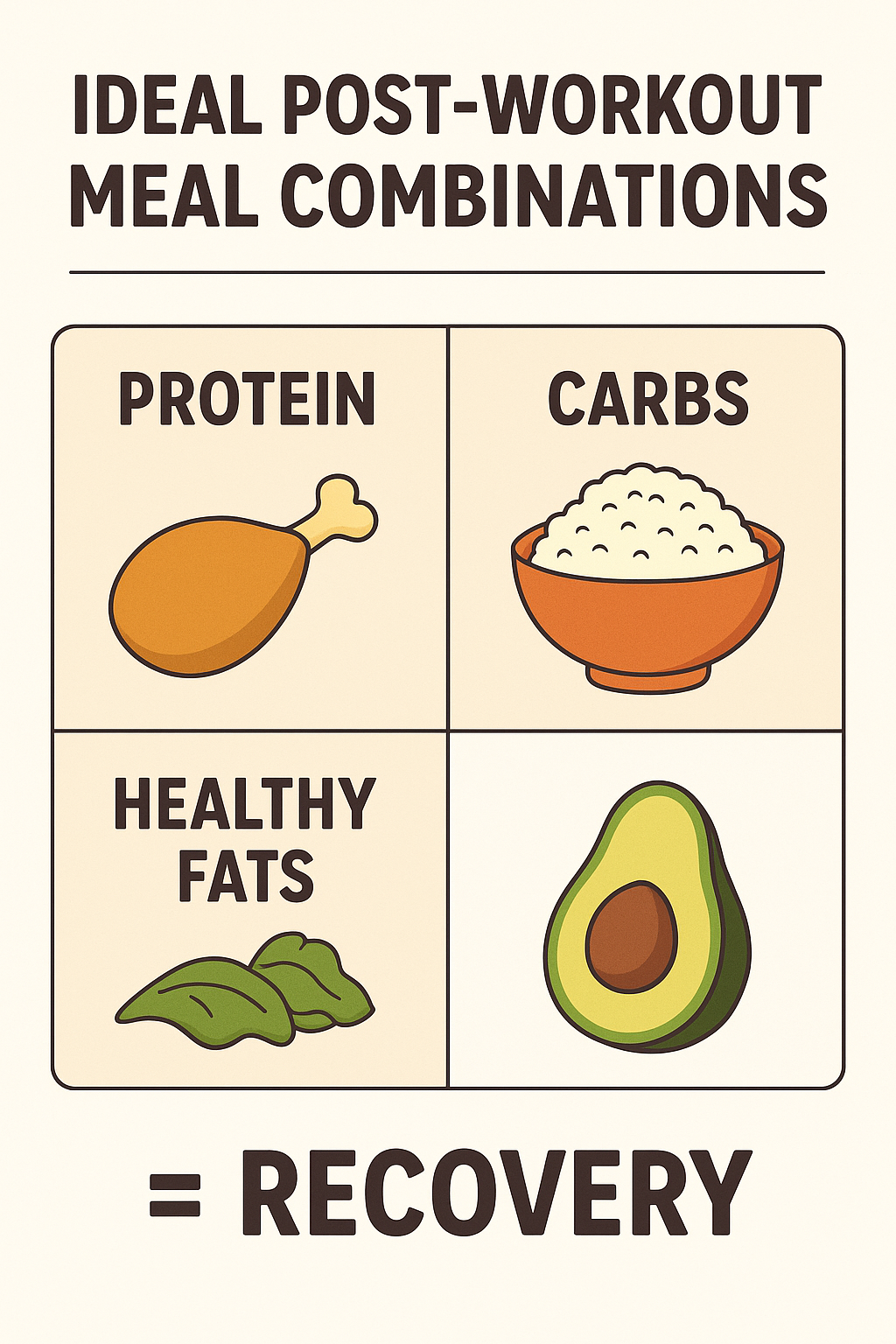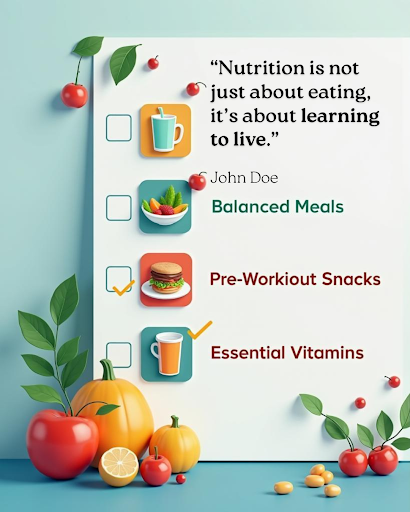You should know that an athlete’s meal plan is not the same as a regular diet. Athletes need more fuel and specific nutrients. Energy demands stay higher. Training drains your body fast, and recovery happens quicker.
Research in the Journal of Sports Sciences shows elite athletes may need 4,000 to 6,000 calories daily. So, meals must stay balanced. You should plan protein, carbs, and healthy fats in every serving.
Why Do Diets For Athletes Focus on Carbs?
It is important to know that carbs are the body’s main fuel. Diets for athletes include high amounts of complex carbs. Oats, rice, and whole grains store energy in muscles as glycogen. Without this fuel, performance drops.
A review in Sports Medicine shows endurance athletes perform 20% better on high-carb intake compared to low intake.
You should include rice or pasta before long training sessions. Each serving supports stamina and reduces fatigue.
How Does a High-Carb Diet For Athletes Improve Recovery?
You should follow a high-carb diet if you want faster recovery. Carbs refill glycogen stores that your body uses during training.
Protein repairs muscle fibers. Together, carbs and protein create full recovery. That is why most post-workout meals combine both.
Bananas with peanut butter work well. Rice with lentils is another good choice. Research in the European Journal of Applied Physiology shows athletes recover 50% faster when they eat carbs and protein together.




